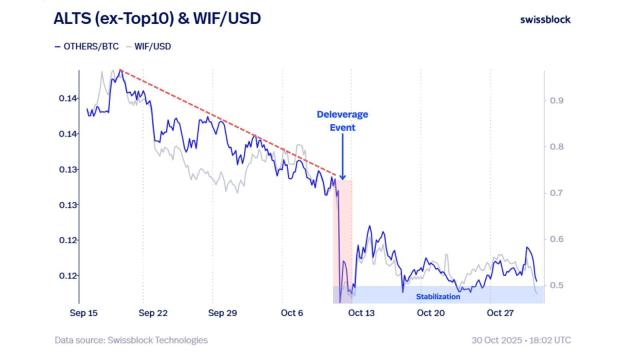Although quantum computing technology is still in its early stages, some predict it could pose a serious threat to proof-of-work (PoW) cryptocurrencies, including Bitcoin (BTC).
In a recent interview with Cointelegraph at the Global Blockchain Conference in Dubai, Amit Mehra, a partner at venture capital firm Borderless Capital, said that the company is "deeply interested in the field of quantum computing and is closely watching companies developing quantum resistance technology."
He warned that while the commercialization of quantum computing is still nearly a decade away, the speed of technological development should not be underestimated. Mehra pointed out, "Given the recent advancements in chip technology, computing technology, and decentralized computing power, quantum computing is clearly a potential problem. Even if the threat is not yet imminent, it will become a real challenge in the near future."
Quantum computing is a next-generation technology that utilizes the principles of quantum mechanics to achieve information processing speeds far exceeding those of traditional computers. While currently immature, this technology has the potential to crack the core encryption algorithms and sensitive data of cryptocurrencies in the future. Therefore, developers are working on new security standards for the post-quantum era.
Charles Edwards, founder of the Bitcoin and digital asset fund Carpriol, defined the issue as an "urgent crisis," emphasizing that the industry must develop a solution as soon as possible. On October 15th, he appealed via the X platform (formerly Twitter): "If Bitcoin cannot solve the quantum computing problem by next year, gold will forever surpass Bitcoin. We must determine a strategy this year."
The threat of quantum computing is not only aimed at Bitcoin, but also at mainstream cryptocurrencies such as Ethereum (ETH), and is becoming a core issue determining the future security level and trustworthiness of the crypto ecosystem. It is expected that this will trigger more active discussions across the industry regarding "post-quantum security."








